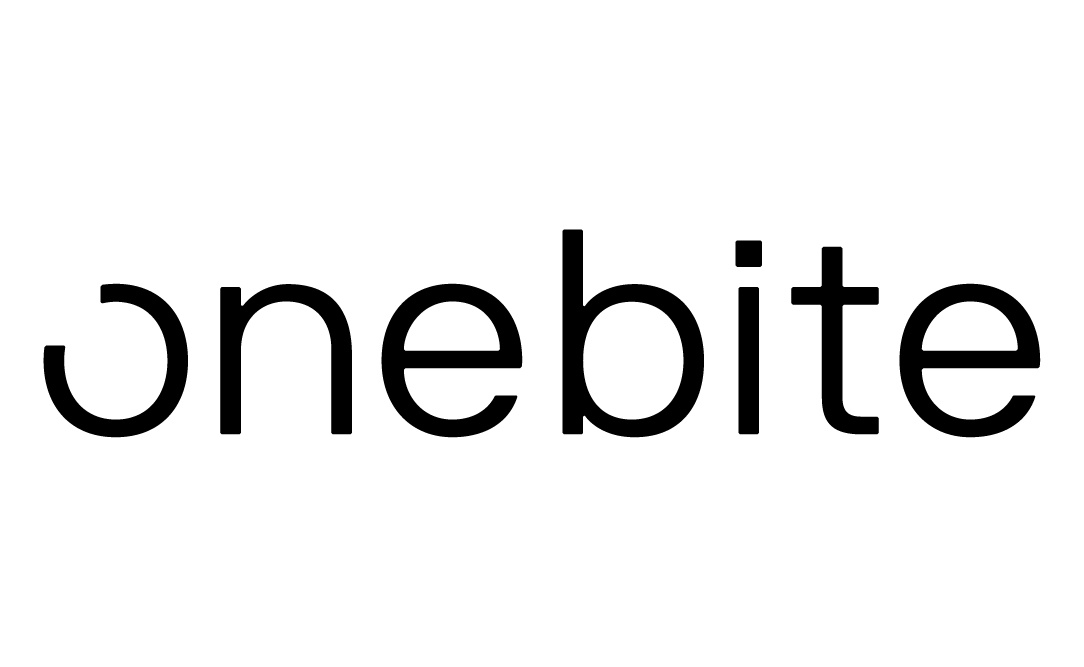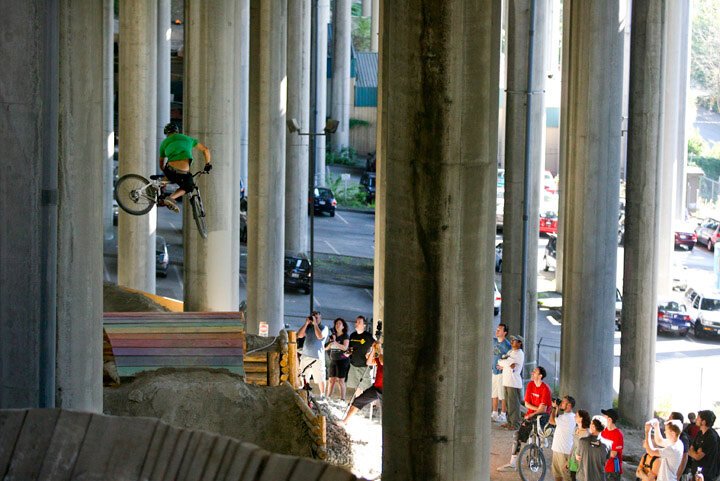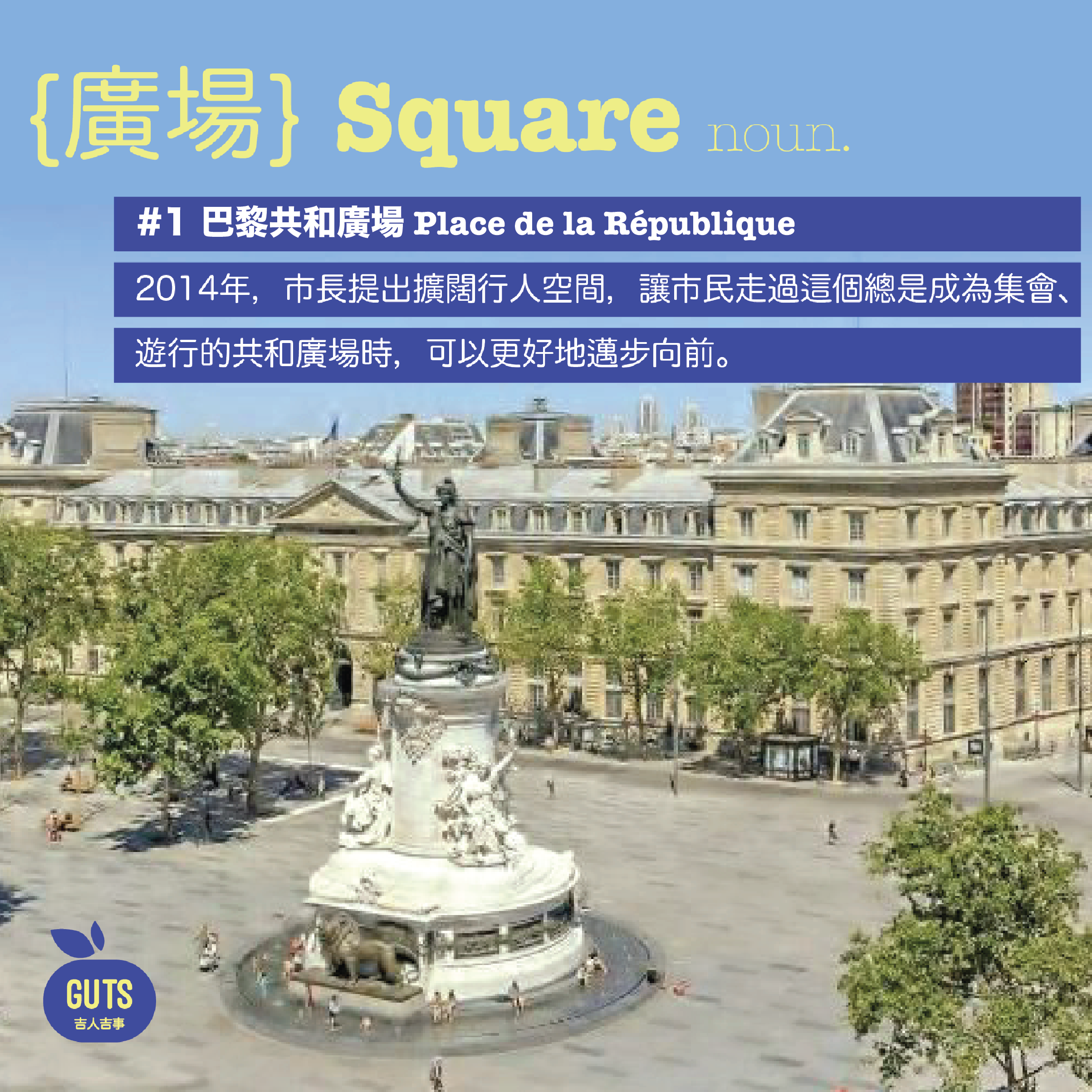丹麥吉事:大海充斥垃圾 小島發展零廢社會|Denmark – small island stirred by ocean plastic to go trash-free






新機場跑道、跨境大橋、大嶼山發展,近十年香港不少基建開始進駐海洋,不過,即使掀起社會注意,著眼點大多在於海洋保育,例如造成污染、破壞海洋生態等,而很少有人提出「海洋空間」的概念——在2012年,全球已有約20個國家,包括澳洲及菲律賓,都在專屬經濟區內進行「海洋空間規劃」,減少海洋使用者、政府以及公眾之間的矛盾和紛爭,同時亦可保護自然生態。
城巿發展急速,海洋作為愈來愈重要的空間資源,我們若要更好的規劃使用,首先要正視海洋垃圾的問題。這個全球各個海岸城巿都要解決的問題,有沒有哪些案例可讓香港吉人參考呢?
最直接的方法,當然是清理海上垃圾,除了由政府部門負責以外,有一些民間團體亦發起到海上執垃圾。單靠環團的力量,也未必足以處理全球人類有份製造的垃圾,為了動員更多人出力,丹麥一個非牟利組織GreenKayak,免費借出皮艇讓人划,條件是借艇的人需在划艇順便打掃水上垃圾。項目自2017年展開,至去年中已撿拾超過10公噸垃圾,GreenKayak的目標,是希望能清理整個歐洲的河道、湖泊,避免垃圾流進大海。
但努力清走垃圾,其實也是治標不治本,丹麥最東部的博恩霍爾姆島(Bornholm),則希望可以徹底地「源頭減廢」,2018年,巿議會宣布計劃於2032年,建立首個無垃圾社會。
博恩霍爾姆島面積約為香港的一半,人口約4萬,每個家庭每年繳交約港幣3500元垃圾處理稅,成功回收的家居垃圾高達39%。有趣的是,這個「零廢願景」背後的推手,並不是環團或非牟利組織,而是島上的垃圾管理公司。因為興建新焚化爐有難度,垃圾管理公司決定推動社會一同轉型,要做到零廢,就是要把所有垃圾都可以成為循環資源:金屬、塑膠、紙張等會繼續廣泛回收,有機廢料亦會繼續轉化為肥料;同時增加其他回收類別,盡量涵蓋其他絕緣物料如魚網。除了回收產業鏈要擴大,整個社會也要開始投入循環經濟,不論是傢俬抑或衣服,也能在社區循環使用。如此一來,個人要從生活開始改變習慣和思維,工廠也需要逐步改變原材料和生產流程,讓它最後被丟棄時,產生的是新式、可循環的廢物。
有人的地方總有垃圾,要達至真正的零廢似乎天方夜譚,但總比原地踏步、眼巴巴看著大海變成塑膠海的好。「無論如何,與今天的情況相比,屆時必有所改善。」回看香港的大海,我們又有否讓它變成更好的空間的決心呢?
相片來源:網上圖片, Green kayak
地點:丹麥
Denmark – small island stirred by ocean plastic to go trash-free
Through the last decade, Hong Kong seems eager to build into the sea – see the new airport runway, cross-border bridge and Lantau’s development plans. While issues such as marine pollution and ecology attract great public attention, ‘ocean space’ remains a non-issue in Hong Kong. About 20 countries including Australia and the Philippines already embarked on ocean space planning in exclusive economic zones back in 2012 as a measure to protect marine ecology and to resolve disputes among marine users, governments and the general public.
As urban development accelerates, the ocean has become a valuable spatial resource. The problem of marine waste, however, sticks in the way of ocean space planning. What can Hong Kong learn from other coastal cities?
The direct approach is, of course, to clean up the sea. Besides government efforts, civil society has also proved its mettle. But let’s face it: facing floating garbage patches contributed by every single soul on earth, even the largest environmental group could seem too frail to quell. To get more people to join the force, Danish non-profit organisation GreenKayak offers free trips in return for collecting trash as they paddle. The mission of the project is to clean up rivers and lakes across entire Europe, so trash does not get into the ocean. Between 2017 and mid-2010, the project cleared over 10 tons of trash.
Clean-ups, however, are anything but a permanent cure. So, the municipal council of Bornholm set an ambitious goal in 2018: to make the eastern Danish island trash-free by 2032.
Just half the size of Hong Kong and with a population of about 40,000, Bornholm manages to recycle 39% of its household waste by charging every household an annual waste disposal tax equivalent to HKD3,500. The interesting part of the story is – environmental groups or NGOs do not steer this trash-free movement; it’s the local waste management company that takes the lead. Because it is difficult to build a new incineration plant, the company decided to unite the locals in this journey towards trash-free.
In Bornholm, all trash on the island must be recycled into useful resources. Besides typical recyclables such as metals, plastics and papers, organic waste will be turned into fertilisers. The authority also extends the scope of recyclables to cover other insulating materials, such as fishnets. As the whole recycling industry expands, everyone in society also takes up a role in developing a circular economy - used furniture and clothing will be circulated within the community.
As individuals uproot old habits and lifestyles, factories are also obliged to phase out unsustainable raw materials and production processes so that the manufacturing processes only result in recyclable wastes.
When there’s man, there is trash. Reaching trash-free may seem impossible, but small steps forward are better than inaction and enduring the eyesore of plastic oceans. “No matter what, compared with today’s situation, there will be some improvements by then.”
Looking back at sea in Hong Kong, are we determined enough to make it a better space?
Photo source: Internet, Green Kayak
Location: Denmark
你可能對以下吉人吉事有興趣:
You may also be interested in these GUTS Stories:
















